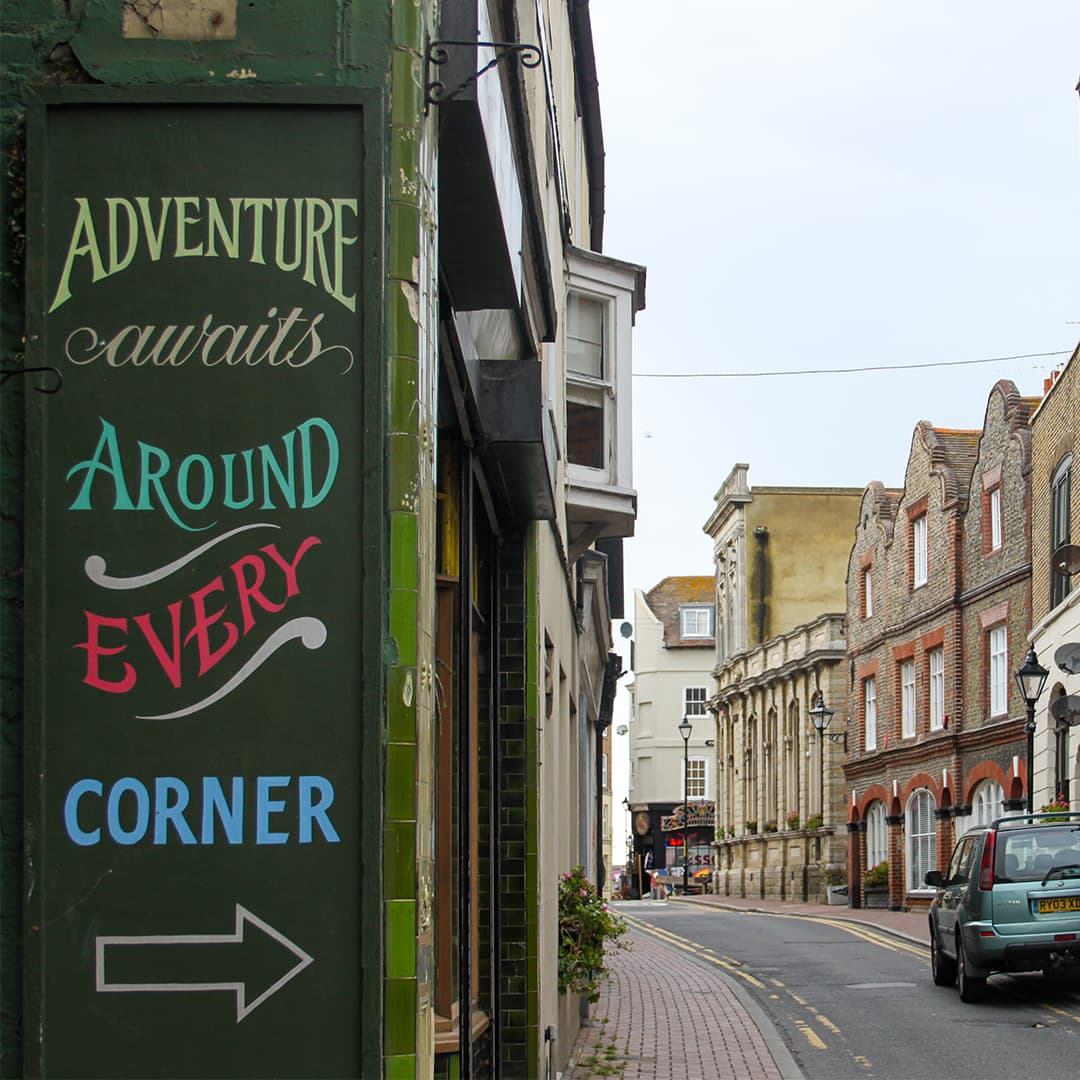Aloha Mr. Hand: Unraveling A Cultural Greeting And Pop Culture Icon
The phrase "Aloha Mr. Hand" evokes a smile from many, instantly conjuring images of a laid-back surfer and a stern history teacher. More than just a memorable line from a classic film, this simple greeting carries a surprising depth when one truly understands the profound meaning of "Aloha" itself. It's a bridge between a specific moment in cinematic history and a timeless philosophy rooted in the heart of Hawaiian culture.
This article delves into the dual nature of "Alooha Mr. Hand," exploring its origins in popular culture while simultaneously unpacking the rich, multi-layered significance of the Hawaiian word "Aloha." We'll journey from the silver screen to the sun-drenched shores of Hawai'i, revealing how a seemingly casual salutation embodies a powerful message of connection, respect, and the very breath of life.
Table of Contents
- The Enduring Legacy of "Aloha Mr. Hand"
- Mr. Hand: A Biographical Sketch
- The Profound Meaning of Aloha
- Aloha as a Way of Life and Treatment
- Aloha in Modern Commerce and Community
- Why "Aloha Mr. Hand" Continues to Resonate
- Embracing the Spirit of Aloha in Everyday Life
The Enduring Legacy of "Aloha Mr. Hand"
The phrase "Aloha Mr. Hand" originates from the iconic 1982 film *Fast Times at Ridgemont High*. This coming-of-age comedy, directed by Amy Heckerling and written by Cameron Crowe, captured the zeitgeist of American high school life with a blend of humor, realism, and memorable characters. Among the most enduring characters is Jeff Spicoli, the perpetually stoned, surf-loving student played by Sean Penn, and his foil, the strict, no-nonsense history teacher, Mr. Hand, portrayed by the legendary Ray Walston. Spicoli's repeated, nonchalant greeting of "Aloha, Mr. Hand" became a running gag throughout the film. It perfectly encapsulated Spicoli's laid-back, irreverent attitude in stark contrast to Mr. Hand's rigid adherence to rules and academic discipline. The humor stemmed from the cultural clash: the free-spirited, Hawaiian-influenced greeting against the backdrop of a conventional American classroom. This seemingly simple exchange became a symbol of rebellion, youth culture, and the eternal struggle between authority and individuality. Decades later, the line remains instantly recognizable, a testament to the film's lasting impact and the compelling dynamic between these two characters. It's more than just a line; it's a cultural shorthand for a certain kind of youthful defiance mixed with an almost endearing naivete. The phrase "Aloha Mr. Hand" has transcended the film itself, becoming a part of the broader pop culture lexicon, often used to playfully greet someone in a position of authority or simply to evoke a sense of carefree nostalgia.Mr. Hand: A Biographical Sketch
Mr. Hand, as a character, is the quintessential stern educator. He is dedicated to his craft, believing firmly in the importance of history and the necessity of academic rigor. His frustration with Jeff Spicoli's lack of engagement and constant tardiness is a central comedic element of *Fast Times at Ridgemont High*. Despite his strict demeanor, there's an underlying sense of care for his students' education, even for Spicoli, as evidenced by his unexpected visit to Spicoli's home at the end of the film to ensure he passes. Mr. Hand represents the traditional values of education and discipline, serving as a grounding force against the more chaotic and free-wheeling lives of his students. His character provides a necessary anchor for the film's narrative, highlighting the generational gap and the different approaches to life between teachers and their students.Ray Walston: The Man Behind Mr. Hand
The unforgettable portrayal of Mr. Hand was brought to life by the esteemed American actor Ray Walston. Born Herman Walston in Laurel, Mississippi, on November 2, 1914, Walston had a prolific career spanning over six decades in theater, film, and television. He was a versatile performer, equally adept at comedy and drama, and known for his distinctive voice and expressive face. His career began on the stage, where he achieved significant success, including a Tony Award for Best Actor in a Musical for his role as the Devil in *Damn Yankees*. Walston transitioned seamlessly into film and television, becoming a familiar face to audiences across generations. Beyond Mr. Hand, he is perhaps best known for his roles as Uncle Martin in the popular 1960s sitcom *My Favorite Martian* and as the irascible Judge Henry Bone in *Picket Fences*, for which he won two Emmy Awards. His ability to embody characters with a unique blend of gravitas and comedic timing made him a beloved figure in Hollywood. His performance as Mr. Hand is a masterclass in comedic timing and character acting, making a seemingly minor role incredibly memorable. Walston passed away on January 1, 2001, leaving behind a rich legacy of performances that continue to entertain and inspire. His contribution to the enduring appeal of "Aloha Mr. Hand" cannot be overstated.Personal Data and Biodata: Ray Walston
| Category | Detail
Aloha Mr Hand 🇺🇸⚾️🤘 on Twitter: "I need this shirt. https://t.co

Aloha, Mr Hand! - Oasthouse Creative

Brad Hand Shirts Aloha Mr. Hand - teezill